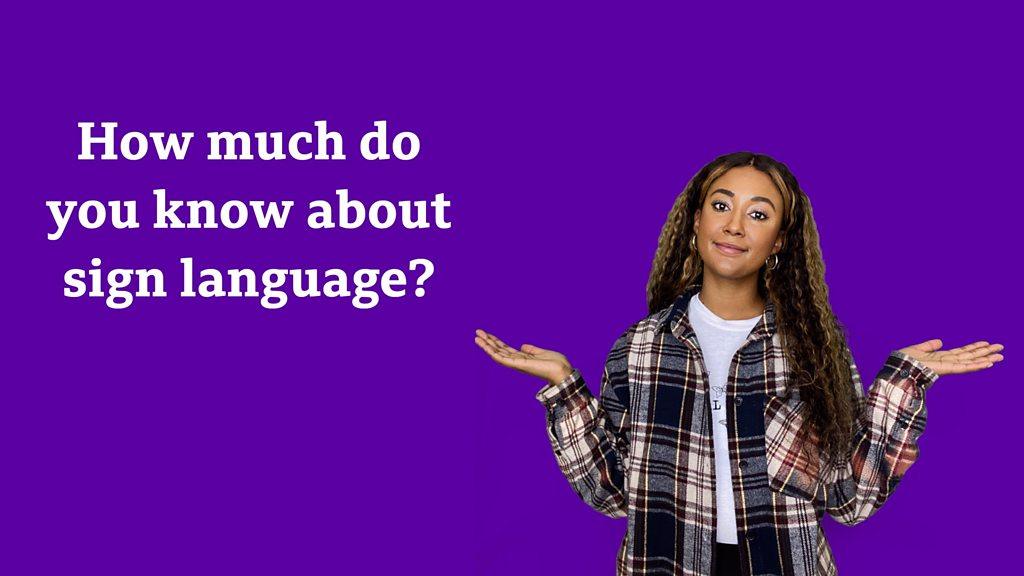Study calls for better film captions for the deaf
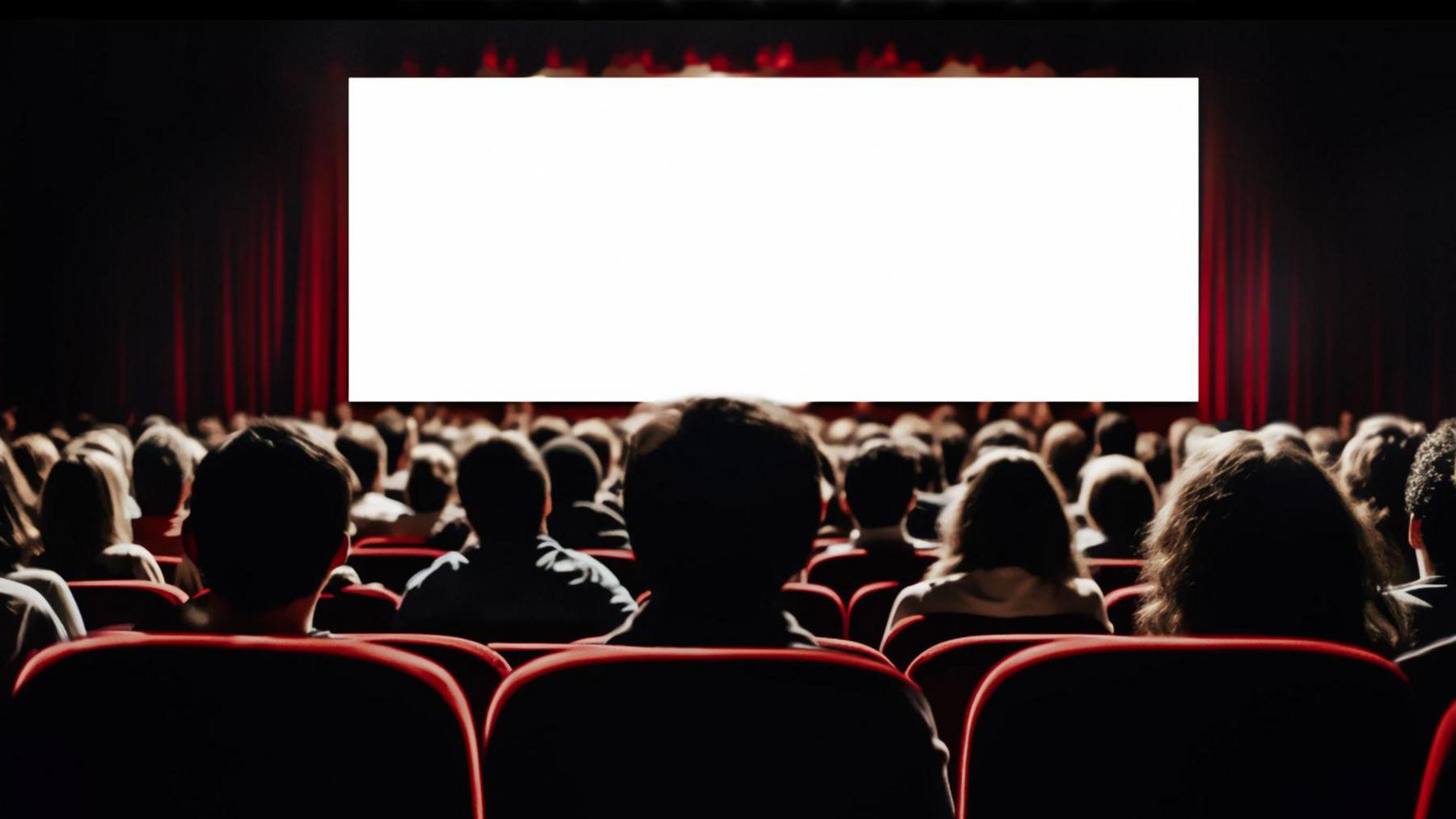
The project has produced some new guidelines which aim to improve the cinema experience for deaf people
- Published
Filmmakers could improve cinema experiences for deaf people by putting more thought into captioning, according to the University of Sheffield.
Research found that poor quality, missing or lagging captions led to deaf audiences feeling excluded through not fully experiencing film-making techniques like suspense.
A team from the University of Sheffield and a research and design company based in the city worked with members of the deaf community on the project.
Their work has produced six recommendations for the media industry, highlighting opportunities to improve the accessibility of entertainment.
Members of the deaf community, who have been deaf all their lives and use British Sign Language (BSL) as their first language, took part in the research project.
They were asked about their experiences of watching some well-known films with captions such as Jaws, The Hunchback of Notre Dame and A Quiet Place.
One of the research team, Dr Ryan Bramley, from the University of Sheffield's School of Education, is an expert on the social impacts of film.
He said their research found that certain descriptions of sound lacked key information that was central to the plot:
"For example, in Jaws, the participants were aware that there was 'famous' music in the clip, but they told us that the captions did not convey that the music represented the shark getting closer.
"This impacted how much suspense they felt during the film."
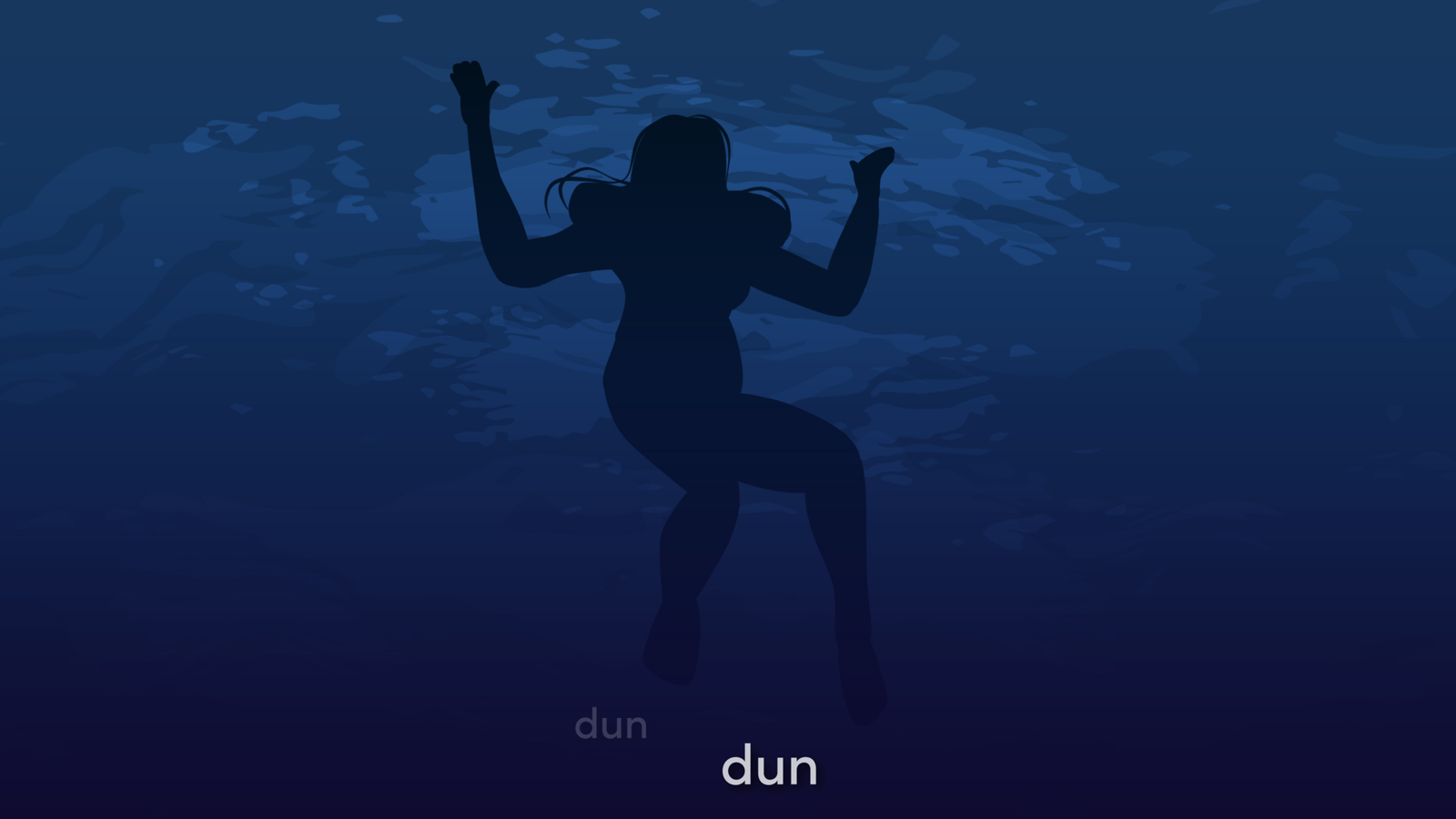
The project found existing captions often failed to relate the importance of music in films such as Jaws
Sheffield-based research and design company, Paper, also worked on the study.
Beth Evans from Paper said: “Programmes like Stranger Things have gone viral for their captioning being so immersive and creative.
"The captioners worked during the production and got advice from Hollywood orchestrators to help choose the best descriptions of sound to encompass the genre and feel of the moment for deaf audiences."
Hamza Shaikh, a trustee of the British Deaf Association, took part in the project and said he hoped it would diminish barriers for deaf individuals like himself who struggle to enjoy cinema outings fully.
"I hope this collaborative effort will catalyse the cinema industry to re-evaluate its practices and prioritise accessibility for all patrons," he said.
The project has resulted in a new film Rethinking Subtitles, external and six guidelines for the media industry, highlighting potential commercial opportunities to improve the accessibility of films and TV programmes for deaf audiences.
The recommendations have also been submitted as evidence to parliament's Culture, Media and Sport Committee inquiry, external into British film and high-end television.
Related internet links
- Published8 February 2022
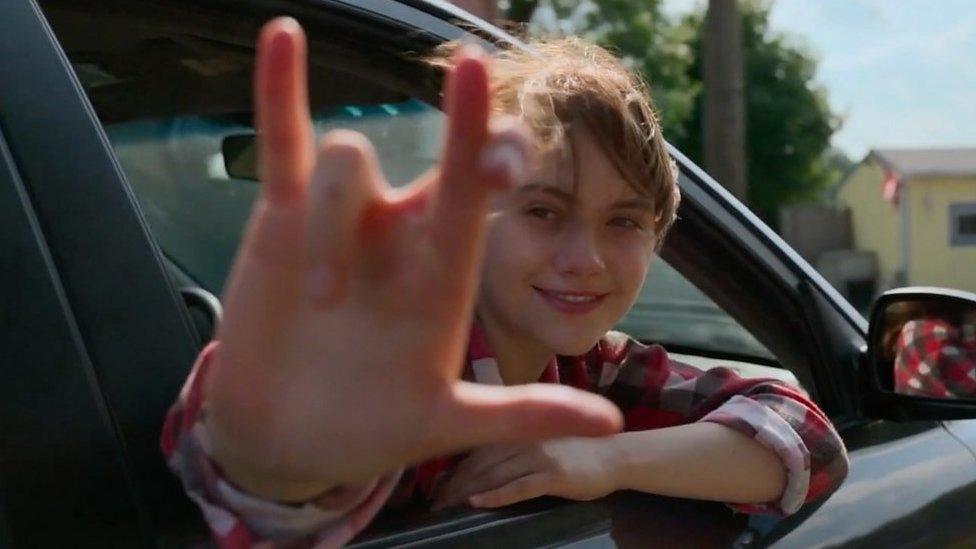
- Published30 October 2021
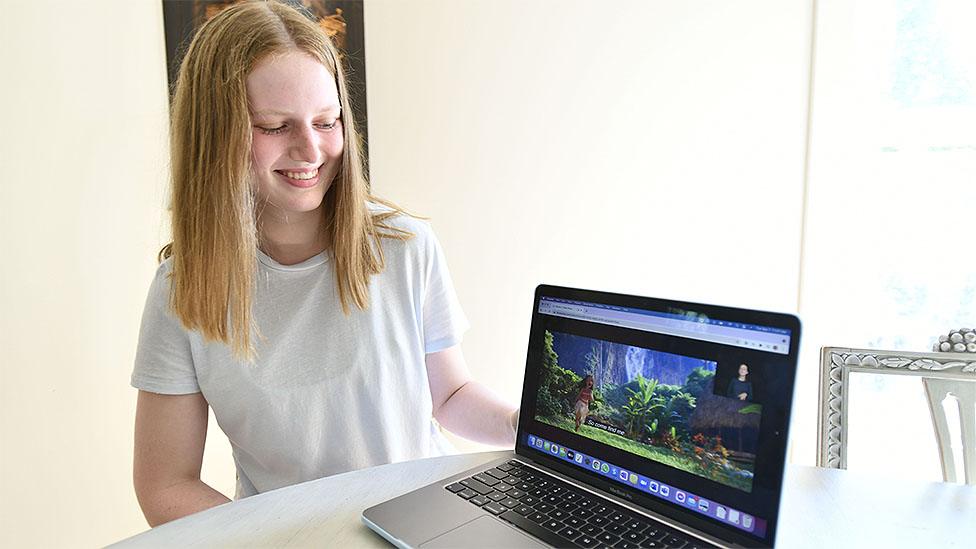
- Published23 September 2021
